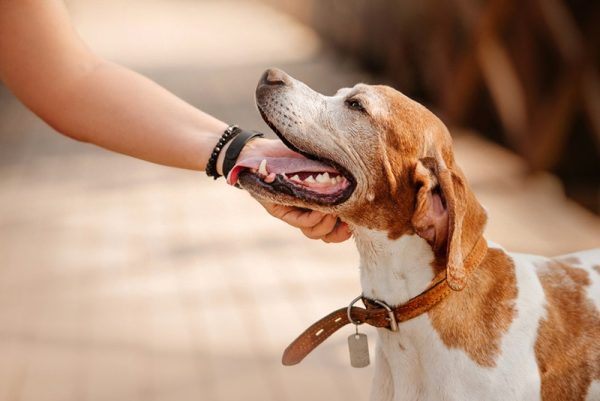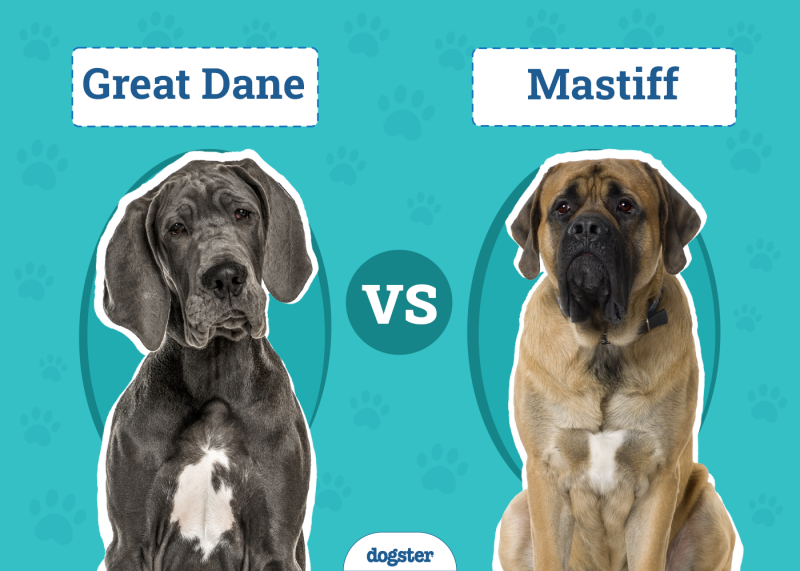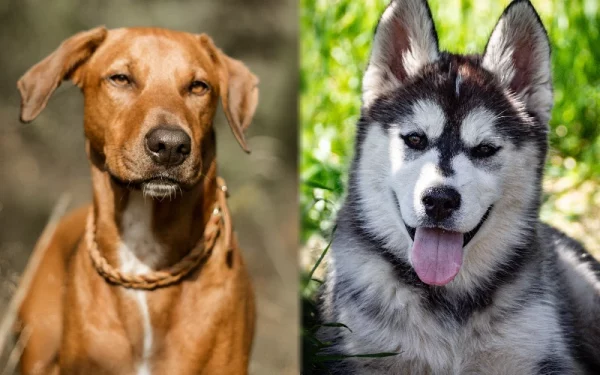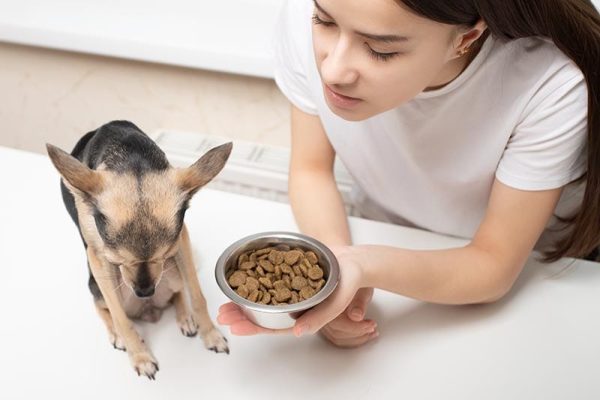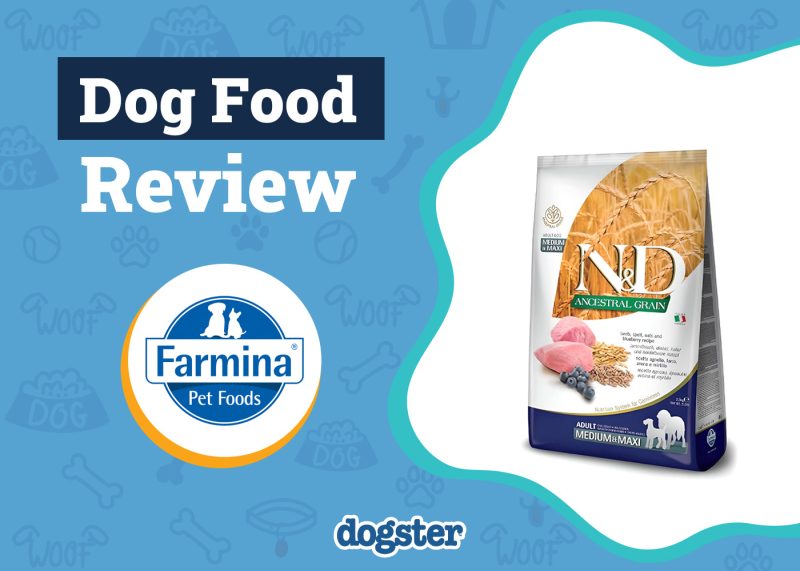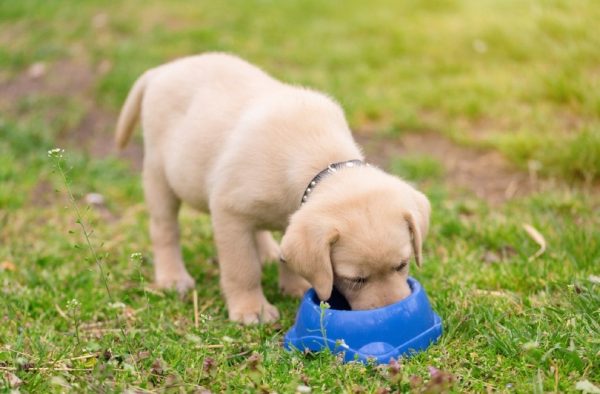In this article
View 2 More +If you own a dog, you’ve probably figured out that they love to consume the most unlikely of items or products. One such potential product is sunscreen, a substance applied to the skin to protect you from the sun’s rays! If your dog happens to get into your summer stash of sunscreen or lick it off of you, what will happen? Is it an emergency?
In this article, we’ll learn a little more about what to do, and how sunscreen can affect our canine companions.

What to Do
- Once discovered, to be your dog’s best advocate, you need to stay calm. Not panicking will not only help you, but also your dog as they often feed off of their owner’s energy.
- Remove any other sunscreen products as well as their packaging/tubing from being accessed further by your dog.
- Try to piece together roughly how much was eaten as well as the listed ingredients for the product. There can be various ingredients present in sunscreen, and some are more problematic than others. Knowing what specific ingredients are present is important.
- Contact your veterinarian and/or veterinary poison control such as the Pet Poison Helpline or the ASPCA Poison Control. Helpful information for them may include information from step three, your dog’s weight, and any preexisting health conditions.
- Follow the advice of medical professionals, which will vary depending on several factors. Their advice may range from managing the incident at home with careful monitoring all the way up to recommended prompt medical intervention.
If you need to speak with a vet but can't get to one, head over to PangoVet. It's our online service where you can talk to a vet online and get the advice you need for your pet — all at an affordable price!

About Sunscreen Consumption by Dogs
Because there are so many different brands and types of sunscreen, there are various key ingredients that could come into play. As a general rule, many of the ingredients in human sunscreen can be toxic to dogs if ingested, especially in larger amounts. Keep in mind that the amount of product consumed, the specific ingredient(s), and the weight of the dog are all key components in determining what symptoms and degree of concern will be present.
If a small amount of sunscreen is licked or eaten by a dog, the most probable problems include irritation of the stomach and nausea which may result in self-limiting (usually resolves without treatment) signs such as vomiting or diarrhea. If a larger amount of sunscreen is consumed, additional or more severe symptoms may occur based on which chemical ingredients are present.
Two of the big ingredients to look out for are acetylsalicylic acid and zinc oxide. With that being said, below are these as well as some additional problematic sunscreen ingredients to avoid in dogs.
- Acetylsalicylic acid: This ingredient can be in various forms. These products are similar to aspirin, and when eaten in larger amounts can cause a dog to have aspirin poisoning. Signs that may be seen can include inappetence, vomiting, gastrointestinal (GI) ulceration, fever, difficulty breathing, as well as potential liver or kidney failure.
- Zinc oxide: In most cases, this ingredient may cause mild self-limiting GI signs like vomiting or diarrhea. But it’s important to be aware of more infrequent, but potentially severe reactions. This may include a rare hypersensitive reaction that can occur with ingestion that results in redness, skin welts, or swelling of the face. In addition, a larger ingestion of zinc oxide could lead to zinc toxicity which may damage red blood cells. In zinc toxicity, some additional troubling signs include continued vomiting and diarrhea, weakness, difficulty breathing, jaundice (yellowing of the skin or whites of the eyes), red or dark urination, pale white gums, uncoordinated walking, or seizures.
- Propylene glycol: If present in sunscreen and consumed in large amounts, this ingredient can affect the nervous system and may result in sedation, muscle tremors, uncoordinated walking, or seizures. There may also be problems within the liver and kidney.
- Para-aminobenzoic acid (PABA): This product is not as common of an ingredient due to safety concerns in people, but still, something to be aware of. In dogs, ingestion results in an upset stomach, and if ingested in a large enough quantity may result in severe inflammation in the GI tract, liver damage, or changes within the bone marrow.
- Emollients: This ingredient can result in a laxative effect which when ingested can cause oily, greasy diarrhea in dogs.
- Packaging or the tube that sunscreen comes in: Depending on the logistics such as how much was eaten as well as the size of the dog, this could potentially become a foreign body obstruction or blockage which would require surgery to remove.
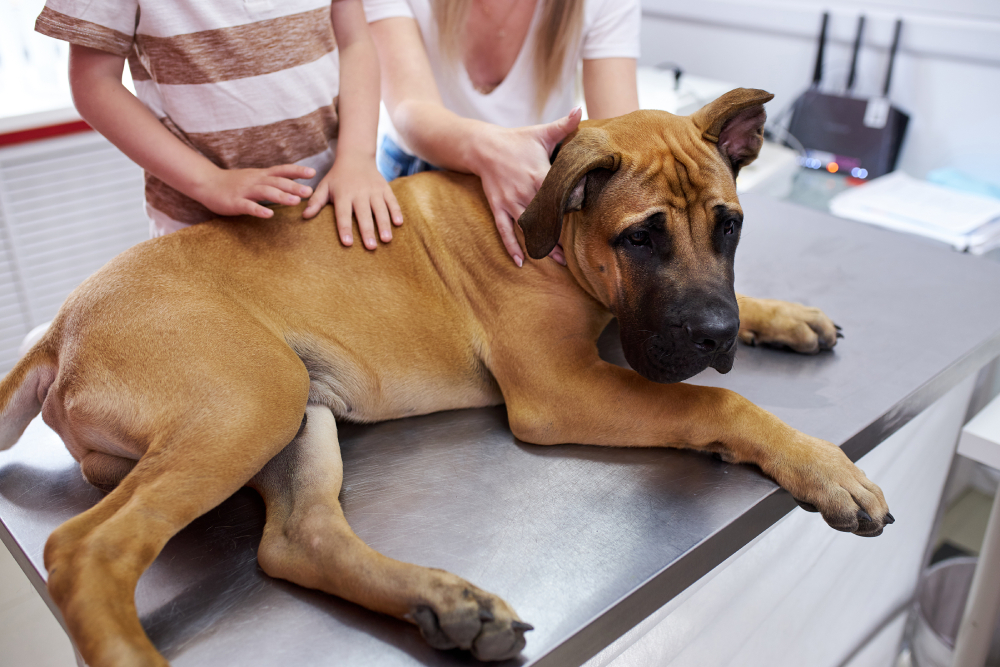

Prevention
Avoidance of a problematic substance being consumed by a dog is always preferred! Below are a few tips to prevent sunscreen products from being accidentally consumed by a dog.
- Make it a habit to ensure that sunscreen products are kept out of reach of your dog.
- Discourage and prevent your dog from licking sunscreen products off of people.
- Do not use human sunscreen products on dogs so they don’t have the opportunity to lick it off themselves.
- When needed for your dog, use a pet-friendly sunscreen and check that the ingredients and the amounts used are safe for them if they do happen to ingest some. Ask your veterinarian or veterinary dermatologist for recommendations.

Final Thoughts
Sunscreen may be great when used by people who will be in the sun, but if ingested by your dog, it is toxic and can harm them. Because of this, prevention is key, but if they do consume sunscreen, it’s important to immediately contact an expert such as your veterinarian or a pet poison hotline to get advice on what to do next to keep your pup safe.
Featured Image Credit: Voloshyna Anna, Shutterstock


